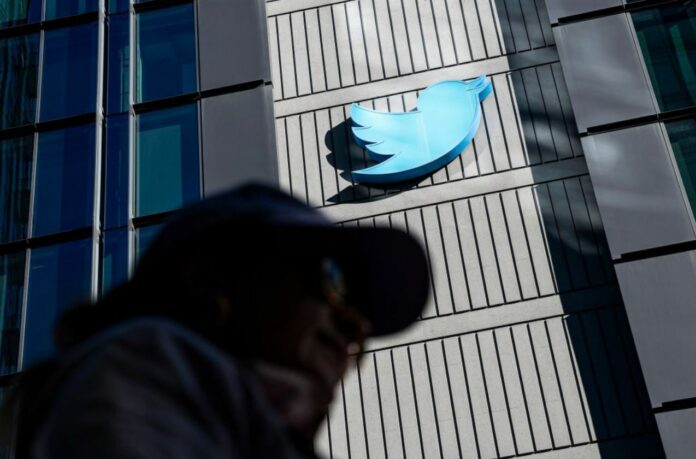This Could Be The Reason Social Media Is Flooded With Putin’s Dangerous Lies
New research finds that although Russian disinformation accounts’ online push did not influence opinions or voting behavior, the disinformation efforts may still have had an impact.
According to a recent analysis by NYU’s Center for Social Media and Politics, Russian Branding efforts during the 2016 presidential campaign predominantly targeted a tiny sample of users, the majority of whom were very committed Republicans.
Furthermore, despite Russia’s influence activities on the platform, the multinational study team discovered no meaningful changes in opinions, polarization, or voting behavior among individuals exposed to this foreign influence effort.
Previous studies and government investigations have found that Russian meddling in the 2016 U.S. election was intended to change Americans’ voting preferences in favor of Republican nominee Donald Trump, either by encouraging disenchanted liberals—often Bernie Sanders supporters—to support a third-party candidate or to abstain from voting.
Professor Joshua A. Tucker, co-director of the Center for Social Media and Politics, asserts that “despite this massive effort to influence the presidential race on social media and a widespread belief that this interference had an impact on the 2016 U.S. elections, potential exposure to tweets from Russian trolls that cycle was, in fact, heavily concentrated among a small portion of the American electorate—and this portion was more likely to be highly partisan Republicans.”
Potential exposure to Russian coordinated influence accounts, by the Internet Research Agency, an organization closely linked to the Russian government, was heavily concentrated: only 1% of users in the study accounted for 70% of exposures.
Additionally, compared to those who identified as Democrats or Independents, “Strong Republicans” were exposed to almost nine times as many postings from Russian foreign influence accounts.
The study conducted by researchers from the University of Copenhagen, Trinity College Dublin, and the Technical University of Munich found that there was no correlation between exposure to the Russian foreign influence campaign on social media and changes in attitudes, polarization, or voting behavior among users. The study analyzed the behaviors and attitudes of social media users in April and October of 2016.
Despite these findings, the researchers warn that Russia’s efforts to influence the election’s outcome may have had other consequences.
According to Gregory Eady of the University of Copenhagen, one of the study’s co-lead authors, “it would be a mistake to conclude that simply because the Russian foreign influence campaign on Twitter was not meaningfully related to individual-level attitudes that other aspects of the campaign did not have any impact on the election, or on faith in American electoral integrity.”
The other co-lead author of the study, Tom Paskhalis of Trinity College Dublin, asserts that “debate about the 2016 U.S. election continues to raise questions about the legitimacy of the Trump presidency and to engender mistrust in the electoral system, which in turn may be related to Americans’ willingness to accept claims of voter fraud in the 2020 election and future elections.”
Notably, the research also found that domestic news and political information greatly outnumbered exposure to the Russian influence effort on Twitter.
In October 2016, participants in the research were exposed to around four posts per day on average from Russian foreign influence accounts.
However, over the same time period, they were exposed to 35 postings per day from American politicians and 106 posts per day on average from the national news media.
According to one of the study’s authors, Jan Zilinsky of the Technical University of Munich, “online users saw 25 times more posts from national news media and nine times as many posts from politicians than those from Russian foreign influence accounts,” to say nothing of what they may have learned about the election from other media, such as television or online news.
The research examined results from a three-wave longitudinal poll that YouGov conducted with close to 1,500 Americans.
The respondents were surveyed in April 2016 and October 2016 as well as shortly after the election—to determine whether they voted and, if so, for whom. The respondents consented to both the provision of information about their Twitter account for research purposes and to the answering of questions regarding their political attitudes and beliefs at various points during the 2016 U.S. election campaign.
The respondents of the survey roughly reflected the demographic makeup of the U.S. voting-age population.
Image Credit: David Paul Morris/Bloomberg via Getty Images
